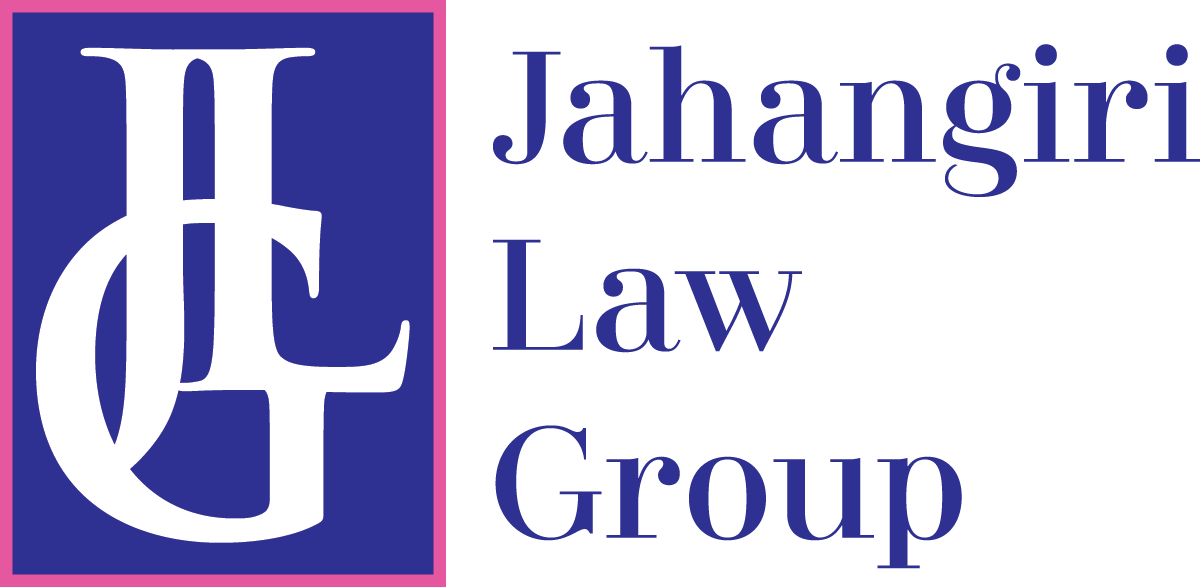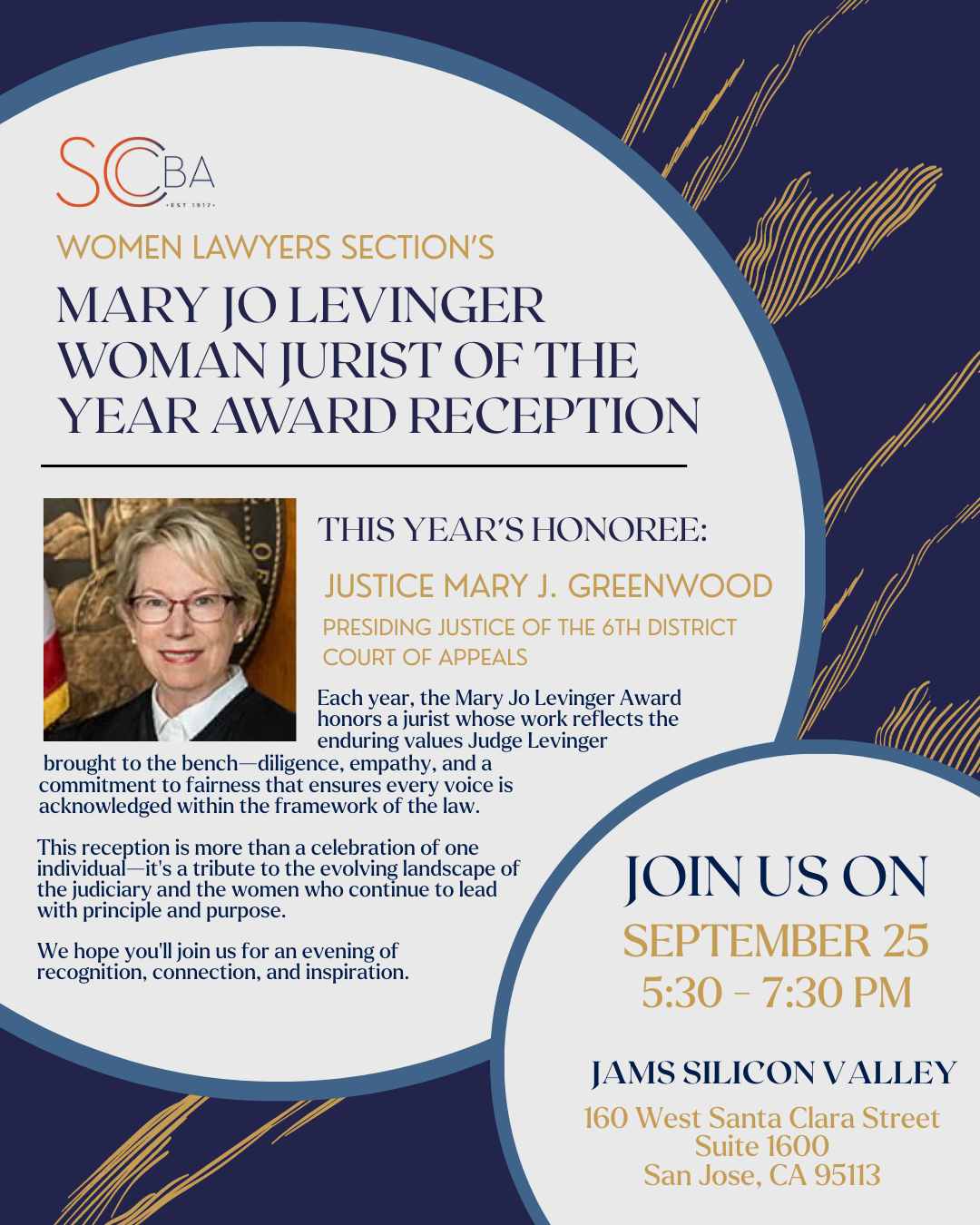AI, otherwise known as artificial intelligence, has taken the entire planet by storm in recent years. It has impacted different economic sectors and career paths, including the legal world. In fact, there are rumblings that AI can be a person’s new legal assistant and can replace attorneys altogether. While AI is an incredibly useful tool, it is still far from becoming a virtual, efficient, and accurate lawyer. As the technologies used in AI continue to develop, the workers in the legal profession, especially in California, are investigating AI and trying to uncover its possible issues, while also attempting to use it effectively and efficiently.
While AI is an incredible, versatile online tool, it cannot be blindly trusted for legal knowledge or advice. AI can be used as a starting point for a legal question or topic, but it cannot always be trusted to answer specific or unique legal issues. Many lawyers have claimed that their clients have been misled by legal advice from AI tools, because the advice dispensed from the website did not address the client’s unique circumstances. Attorneys have also complained that while researching a certain topic using AI, the tool has often created its own fictional cases which mistakenly seem to fit within that specific legal topic. If or when AI improves, it may be possible that legal advice from it can be more trusted. Until then, any legal “answers” gathered from AI should be taken with a grain of salt by both the general public and lawyers.
Similar to other courts across the country and the world, California courts yearn to learn more about AI and its possible uses in the legal realm. On May 17, 2024, the Chief Justice of California, Patrice Guerrero, led the launch of a brand-new judicial branch task force. The goal for this task force was to examine and weigh any potential benefits and risks of AI in order to assist and protect courts and public citizens. Justice Guerrero emphasized that it was necessary to vet any potential downfalls of AI before completely advocating for it to be used in courts. The branch hopes to emphasize focus on three main points with this new project. Firstly, it hopes to develop a task force on AI which looks into different aspects including court rules, educational programs, legislation, and policies involving both old and new technology. The second goal is to work with the numerous ethics committees in the Supreme Court and create a guide for judicial officers working with ethical dilemmas involving generative AI. Finally, the last goal is to educate the court and judicial workers on the ins and outs of AI, including core information such as its uses, benefits, and potential risks. Members of the task force emphasized that AI could be useful for certain tasks involving management and administration of the court. They also stated that legal research could be done more extensively and efficiently with AI. Another potential benefit is that AI could allow more of the public to have access to legal services that they otherwise may not have been able to have. AI could educate the layperson on court procedures and forms to an adequate level at an efficient pace. However, the final consensus of California courts was that as great as AI could possibly be for the legal world in the future, and that while AI is a legal aid tool at the present, it cannot be a replacement for critically making judicial decisions and creating legislation.
In conclusion, AI will continue to develop and be a part of the legal profession for years to come. Despite that, it is unwise at this time to fully trust and depend on AI for legal decisions. This California judicial branch task force focused on AI will help educate the public on AI’s benefits and pitfalls. However, it will likely take some time to gather enough data before making any conclusions on AI’s abilities in the legal world. Until then, the public must wait and use AI sparingly when encountered with a legal problem.
Works Cited
Corren, B. (2024, May 17). Chief justice creates task force on use of Generative AI in the California Courts. California Courts Newsroom. https://newsroom.courts.ca.gov/news/chief-justice-creates-task-force-use-generative-ai-california-courts
JAHANGIRI LAW GROUP handles matters involving contracts (written and oral), trials, arbitrations and appeals in the areas of business, corporate, commercial, and real estate litigation, and transactional law. We offer services in Urdu, Hindi, Punjabi and Spanish. We are based in San Ramon, California, but provide services throughout the entire San Francisco Bay Area. We are open from 9:00 a.m. to 5:00 p.m., Monday to Friday. To make an appointment please call 925-574-0100.




